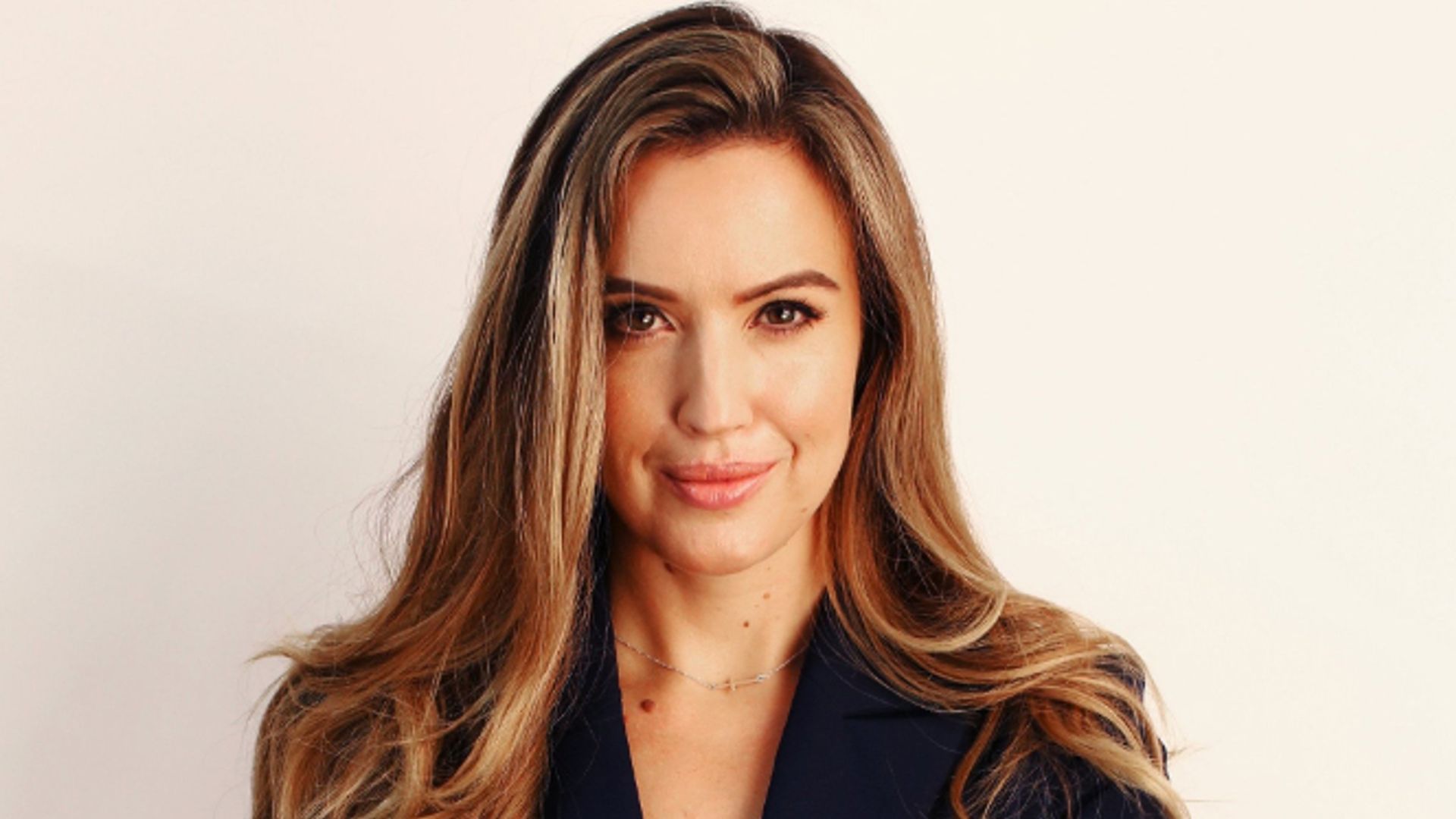Charlie Webster, 41, has lived shoulder-to-shoulder with trauma her whole life.
She grew up in Sheffield in the nineties, raised by a teenage mother in an abusive household and was sexually abused by her athletics coach when she was 15.
Despite a difficult start, Charlie went on to pursue a career in television: "I was very much motivated by the fact that I felt like I never had a voice," she tells HELLO!
The effects of her traumatic childhood came to haunt her when she became critically ill in 2016 and ended up in a coma. In that state, she relived memories from her past that she'd previously suppressed: "Everything that had happened to me was sat inside me with so much pain," she recalled.
Following work with a psychologist, Charlie came to terms with what had happened to her and created a documentary about her experience, Nowhere to Run: Abused by our coach, which led to a change in UK law.
WATCH: Nowhere to Run – Abused by our Coach trailer
It took a long time for Charlie to break out of the hold trauma had on her life. "It still makes me feel vulnerable. Part of my coping mechanism was not talking about it and detaching from it. I felt if people really found out, would they want to work with me? Would they want to be my friends? Would they want a relationship with me?
"I did have this feeling, deep down, that I wasn't ultimately good enough. So, I had to hide these things that I'd been through and it caused this fraction within myself."
Processing her trauma
Processing her trauma and speaking about her experiences has helped to loosen the hold that it had on her life, Charlie says. "Every time I speak a little bit about it, it showed me that it was okay.
"If you've been through domestic abuse or any kind of unhealthy relationship, the more that you open up in a safe space and receive love, the more that it counters the awfulness of what you've just been through, because it shows you that you are lovable, whereas abuse makes you feel like you're not."
Charlie's new book, Why It’s OK to Talk About Trauma, gives the advice that she needed when she was processing her trauma for the first time:
"You're in my heart when you're reading this book, and I really hope that it becomes a safe holding space for people to be honest with themselves, because that's how you work through trauma."
How to heal from trauma
1. Open up
First of all, you've got to be gentle with yourself. The reason we aren't gentle with ourselves is because we're in survival mode. The more you start to open up and talk to people, the more you realise that you're not on your own. It's normal to feel emotions; that's how we connect.
When you're in trauma, you cut all those emotions off because it's too painful, but that prevents the love coming in that you need to heal. Open up a little bit at a time and pick people to open up to that you feel safe with.
2. Acknowledge what happened
It can feel scary to look back at the things we've been through. It did for me, because I wanted to run away from all of that, but it was inside of me, no matter how hard I ran.
The past does influence us because the past is our story, it has emotion attached to it and those emotions are strong, even if it happened 20 years ago.
Look back a little bit, if you can, even if it hurts, to see some of the things that you've been through and acknowledge that they were painful.
3. Take care with how you speak to yourself
It's really important to observe how we speak to ourselves. Rather than fighting that voice and arguing with ourselves, we have to think: 'If this is what I'm saying to myself, why would I feel good? If I'm telling myself I'm not good enough, that's how I'm going to feel'. It's all about acknowledging what we're feeling and interrogating why we feel that way.
4. Accept what happened to you
A way we tend to cope with trauma is by emotionally detaching from what's happened to us.
What happened to me will always be a part of me, but that's okay because it wasn't my fault and it's nothing to do with who I am as a person. You need to shift the narrative.
5. Search for ways to feel joy
When you've been through a lot of distressing things, it's hard to find joy. A lot of it is protecting ourselves, fighting and closing down emotions, using unhealthy behaviours to try and deal with the pain.
Visit HELLO!'s Happiness Hub for more inspiration for living a happier life










